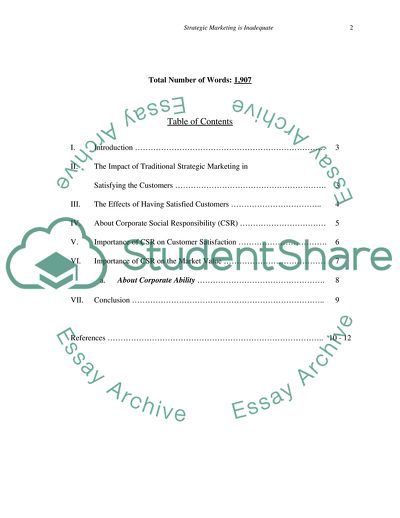Cite this document
(Strategic Marketing is Inadequate unless it Encompasses Social Coursework, n.d.)
Strategic Marketing is Inadequate unless it Encompasses Social Coursework. https://studentshare.org/marketing/1708728-strategic-marketing-is-inadequate-unless-it-ecompassess-social-corporate-resposibilty
Strategic Marketing is Inadequate unless it Encompasses Social Coursework. https://studentshare.org/marketing/1708728-strategic-marketing-is-inadequate-unless-it-ecompassess-social-corporate-resposibilty
(Strategic Marketing Is Inadequate Unless It Encompasses Social Coursework)
Strategic Marketing Is Inadequate Unless It Encompasses Social Coursework. https://studentshare.org/marketing/1708728-strategic-marketing-is-inadequate-unless-it-ecompassess-social-corporate-resposibilty.
Strategic Marketing Is Inadequate Unless It Encompasses Social Coursework. https://studentshare.org/marketing/1708728-strategic-marketing-is-inadequate-unless-it-ecompassess-social-corporate-resposibilty.
“Strategic Marketing Is Inadequate Unless It Encompasses Social Coursework”. https://studentshare.org/marketing/1708728-strategic-marketing-is-inadequate-unless-it-ecompassess-social-corporate-resposibilty.


